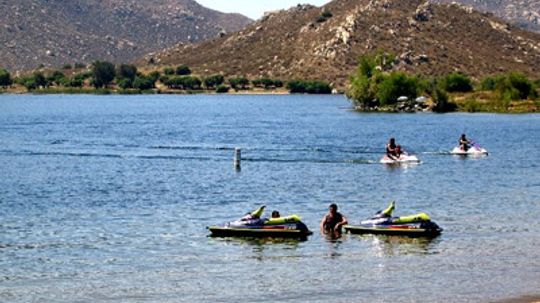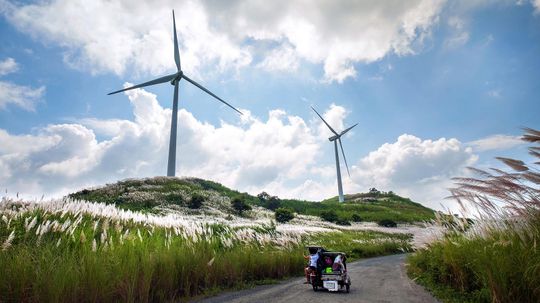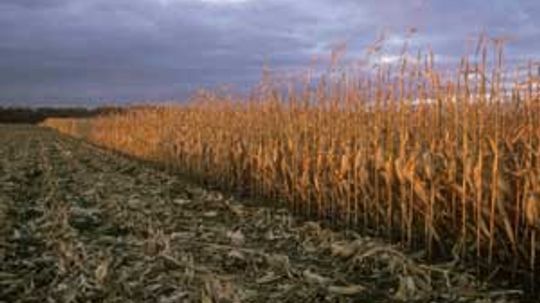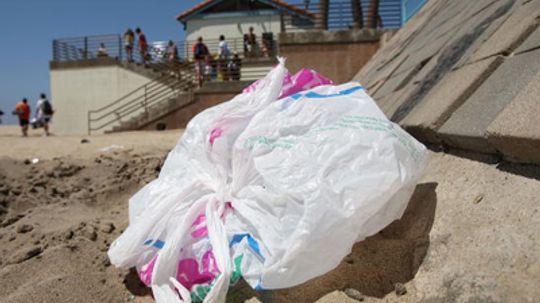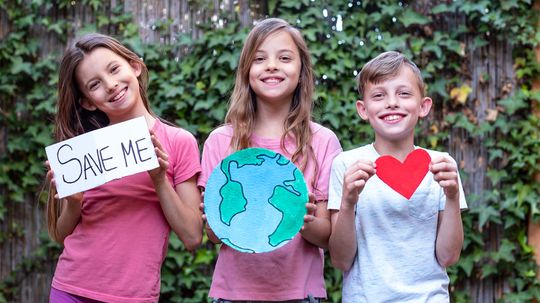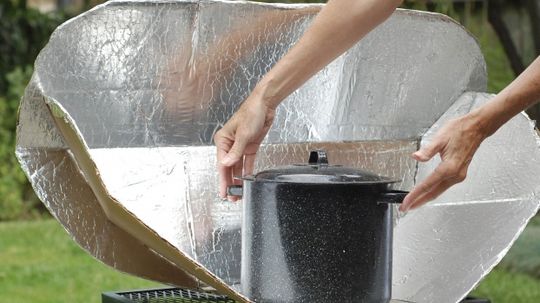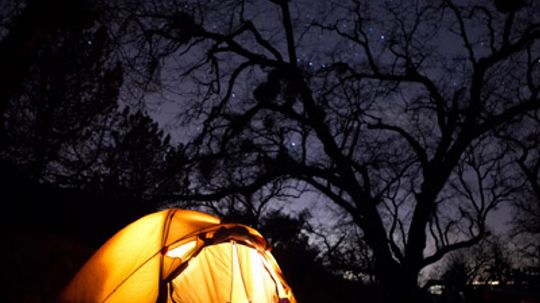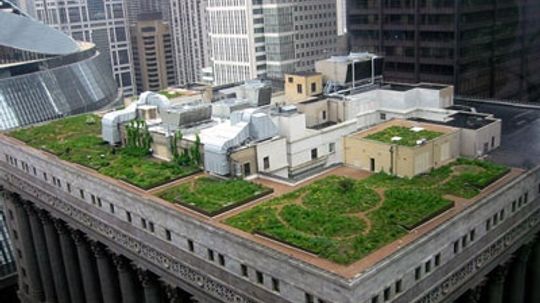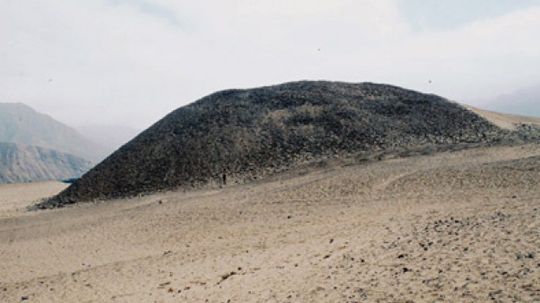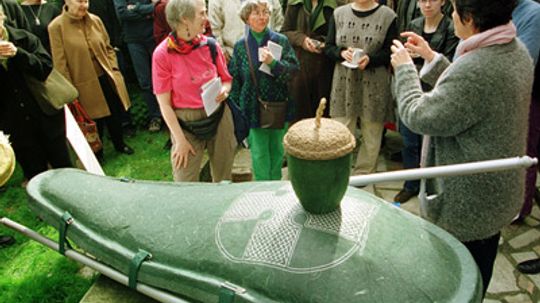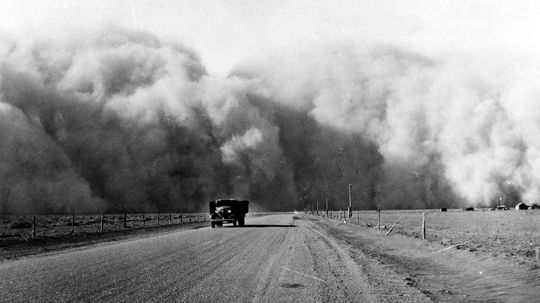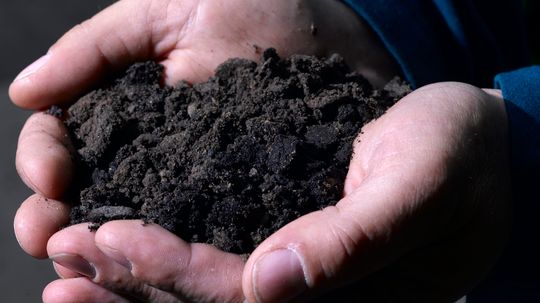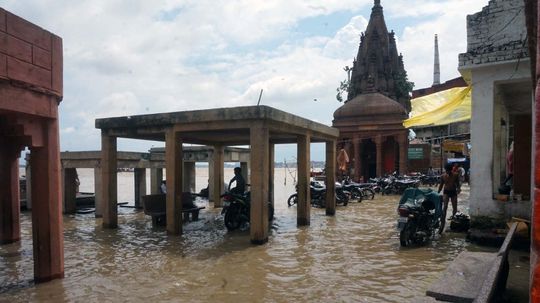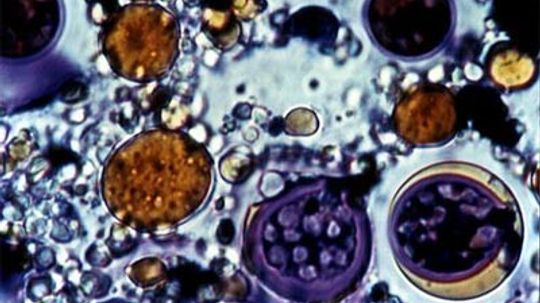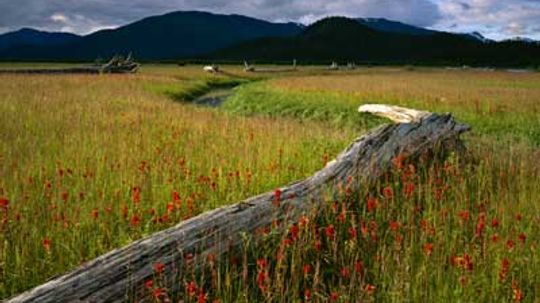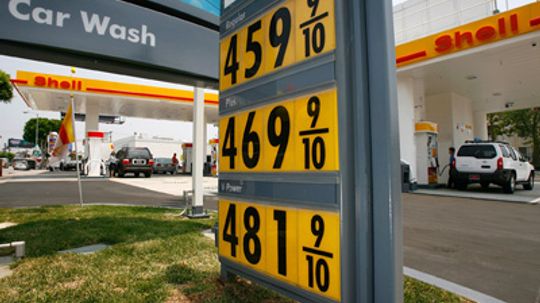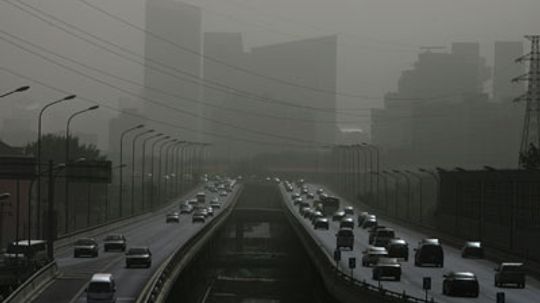Green Science
Green Science is the application of eco-friendly thinking to scientific disciplines. Learn about global warming, pollution and other impacts on nature and the planet, plus what we can do to combat them.
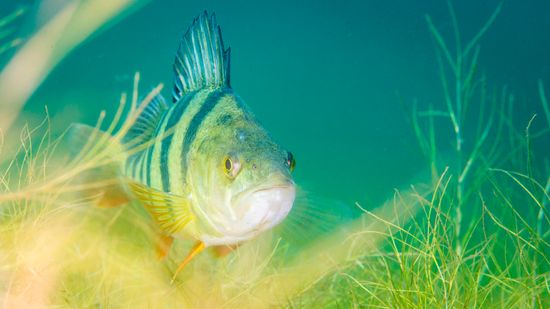
The Fish Doorbell Isn't a Joke ... Seriously
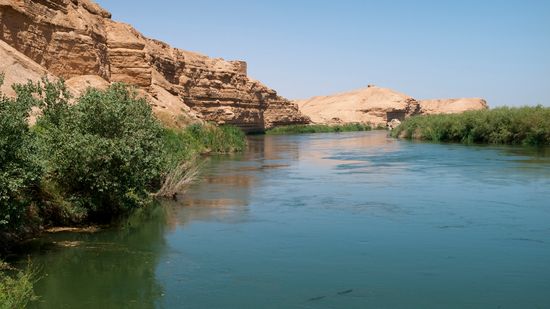
The Euphrates River, at the 'Cradle of Civilization,' Is Drying Up
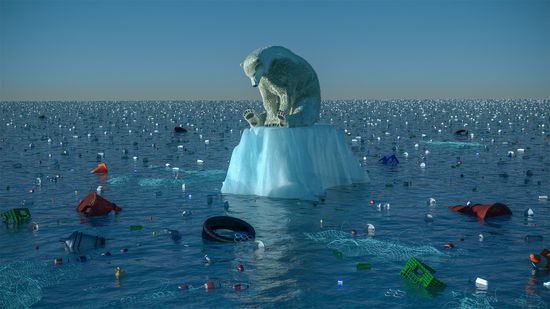
Study Says 2035 Is Climate Change Point of No Return
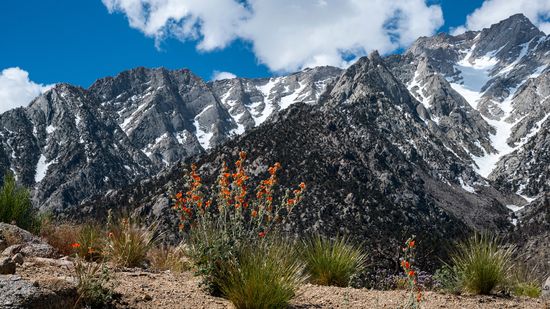
What State Has the Most Mountains in the U.S.? 8 Peak Records
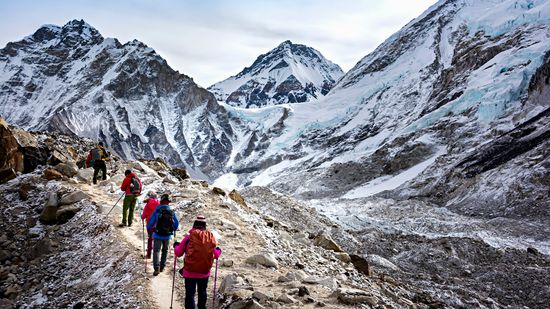
The Most Dangerous Mountain to Climb (and 14 Giving Steep Competition)
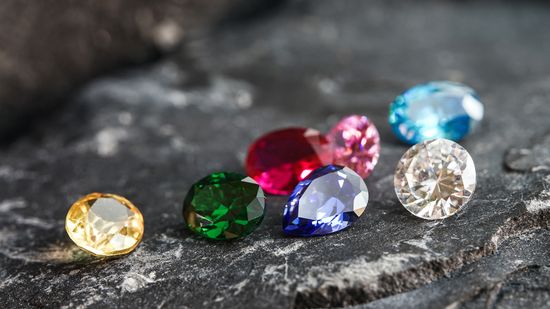
15 Types of Gemstones to Add a Little Sparkle to Your Life
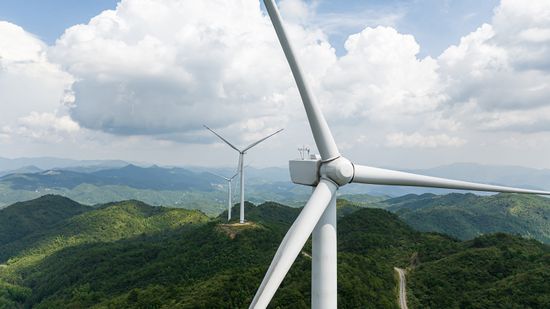
How Many Birds Are Killed by Wind Turbines, Really?

How a Lithium Mine Works and Impacts Local Communities
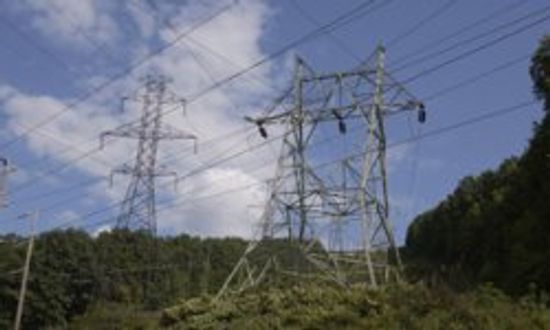
How to Sell Electricity Back to the Grid
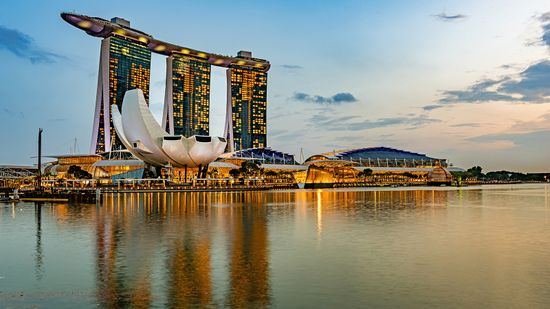
6 Most Futuristic Cities Powered by Renewable Energy
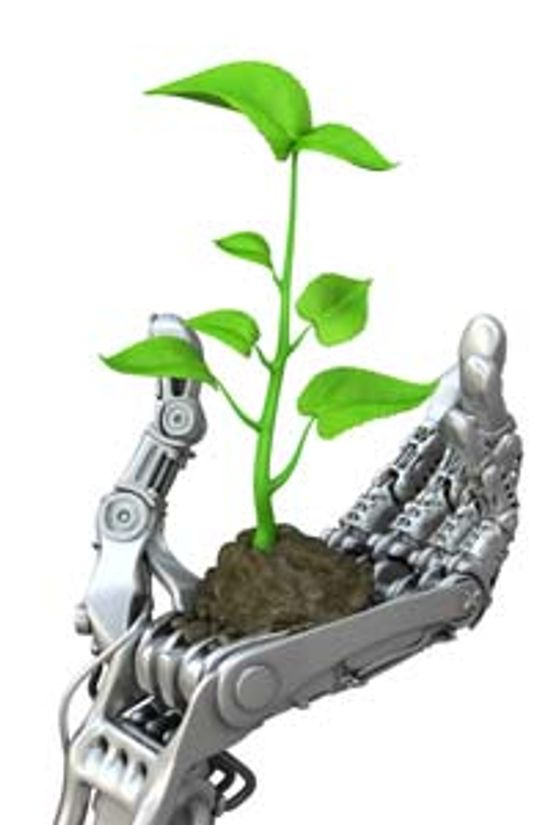
Top 5 Green Robots
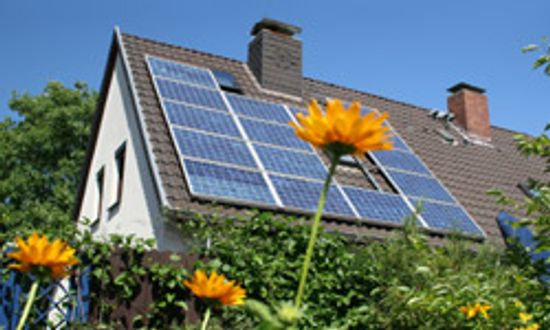
5 Things to Consider When Building a Solar-powered Home
Learn More / Page 3
Is the same substance that makes your shampoo so sudsy really going to give you cancer? Here's the real dirt on whether sodium lauryl sulfate is bad for you.
Can you walk to restaurants from your home? Or do you have to hop in the car for every outing? How do you determine your neighborhood's walkability without taking to the streets yourself?
When Thomas Malthus warned that the human population would eventually outpace Earth's resources, he wasn't anticipating the green revolution. So why do rising food costs have some folks worried we're running at capacity?
By Julia Layton
Advertisement
They may seem like a fun water sport or a noisy nuisance, but whatever your stance on personal watercraft, there's no denying they pollute. So how bad are they?
By Julia Layton
Green, clean energy sounds good at first: Harness the power of the wind to run our creature comforts. But could the sounds people hear (and don't hear) from wind turbines endanger their health?
We humans like to trade one problem for another. We give up drinking only to take up smoking. Will we also exchange a reliance on dwindling fossil fuels for a food shortage caused by ethanol production?
By Robert Lamb
Plastic bags are generally unsustainable. Even if they are biodegradable, they take roughly 1,000 years to fully break down. Minnesota company NatureWorks has come up with a green plastic bag, but how eco-friendly is it?
By Josh Clark
Advertisement
Earth Day is the ideal time of the year to form new eco-oriented habits. Here are 10 things you can do to celebrate our planet all year long.
By Julia Layton & Sarah Gleim
Everyone knows air pollution isn't good for your lungs, but it turns out that it's not doing your heart any favors either. Why do the particulates in the air we breathe interfere with our heart's basic job: to keep things ticking?
By Julia Layton
The worst bad guys in the world of video games aren't virtual. Vampire power, overpackaging and energy-draining consoles make gaming unnecessarily bad for the environment. What are video game manufacturers doing to go green?
If you've ever seen a kid frying ants with a magnifying glass, you know that the concentrated power of the sun can create great heat. But what if that heat were applied to something a bit more productive -- something like cooking food?
By Julia Layton
Advertisement
When you're camping, it's nice to have a light in your tent. But lanterns can catch fire and flashlights eventually run out of batteries. Does the sun offer a better solution?
By Julia Layton
Green roofs, long popular in Europe, are making their way into the United States. Find out what a green roof is and how it can solve some problems conventional roofs have.
By Sarah Dowdey
It may look like a wasteland now, but a mysterious mound-building civilization once called Peru's arid valleys home. Did a shift in climate drive them to settle -- and eventually disappear?
By Julia Layton
Ashes to ashes, dust to dust -- unless of course you've been embalmed, buried in a steel and hardwood coffin and interred in a concrete vault. For some people, the luxurious excess that accompanies traditional burial is no longer appealing.
Advertisement
What if the land you relied upon simply blew away? In the 1930s, poor stewardship and crushing drought created black blizzards and an internal American exodus known as the Dust Bowl.
Electrifying dance moves might impress your friends, but they usually don't help power the club you're dancing in. What's piezoelectricity, and how could it help twist the future of energy generation?
As high-yield oil supplies become harder to find, energy companies are turning to oil sands: mixtures of bitumen, sand and water. How do you extract oil from mucky, viscous soil?
Haunted by ideas of your body polluting the Earth after you're gone? Microbial fuel cell technology could allow you to harness the energy of your own decomposition to power batteries.
Advertisement
Experts expect more than 1 billion climate refugees by the year 2050. Where will they go and how will the world feed, clothe and shelter them?
While it's good to be environmentally accountable, too much eco-angst can spiral into an actual anxiety disorder. What makes people lose sleep thinking about their big, muddy carbon footprints?
With the global food crisis, some people feel that using food to make biofuel just doesn't make sense. Could algae be a solution? How could algae possibly fuel cars and even airplanes?
Wetlands may look murky and even creepy, but their value is clear. They soak up floodwaters and filter runoff before it enters our lakes and streams. How can we protect these spongy areas?
By Debra Ronca
Advertisement
Are wind farms and other renewable energy sources the closest we can come to free energy? Isn't there some crackpot invention out there that you can set up in your backyard?
What if you could scrub out carbon dioxide emissions before they ever dirtied the atmosphere? This exciting technology could do just that, but will the benefits outweigh the costs?



